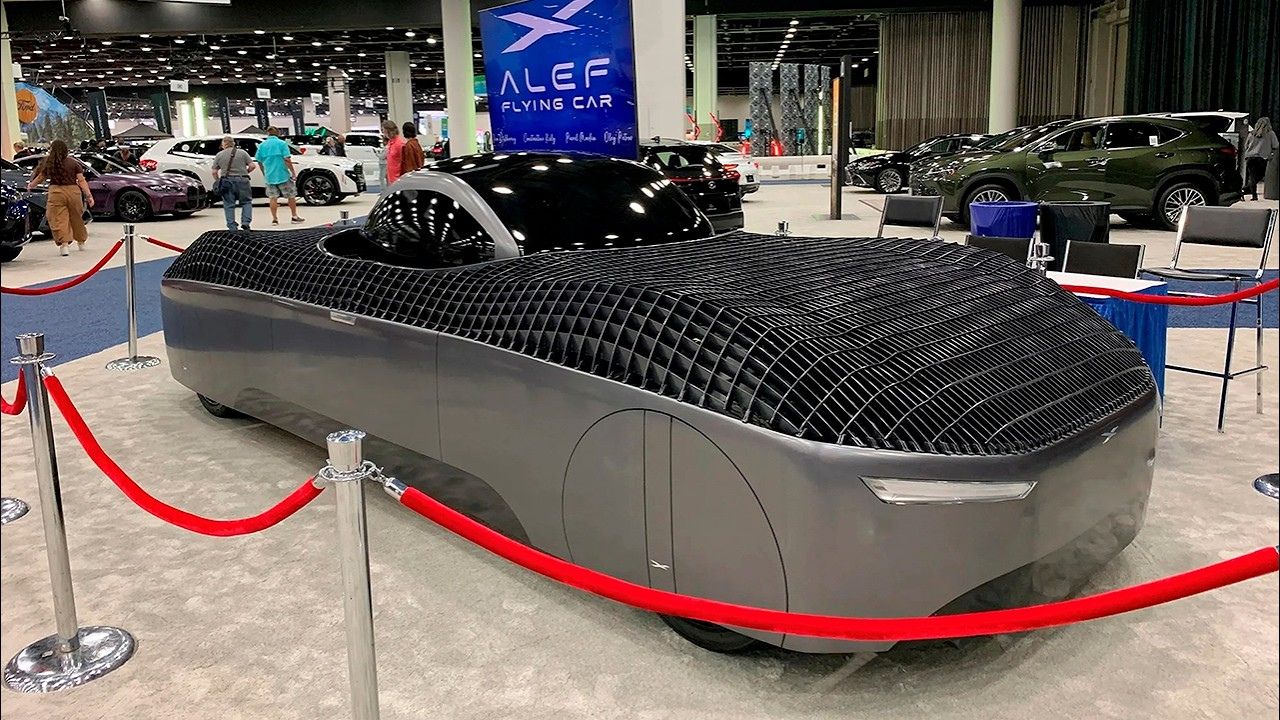
The world’s first flying car, manufactured by Alef, has reached a groundbreaking milestone with its approval from the Federal Aviation Administration (FAA) and is now available for preorder. This revolutionary vehicle has already taken to the skies, with its first demo flight conducted in February 2025. Prospective buyers can expect a price tag ranging from $1 million to Rs 2.5 crore, reflecting its status as a luxury item in the emerging market of personal aerial vehicles.
The Development of the Alef Flying Car
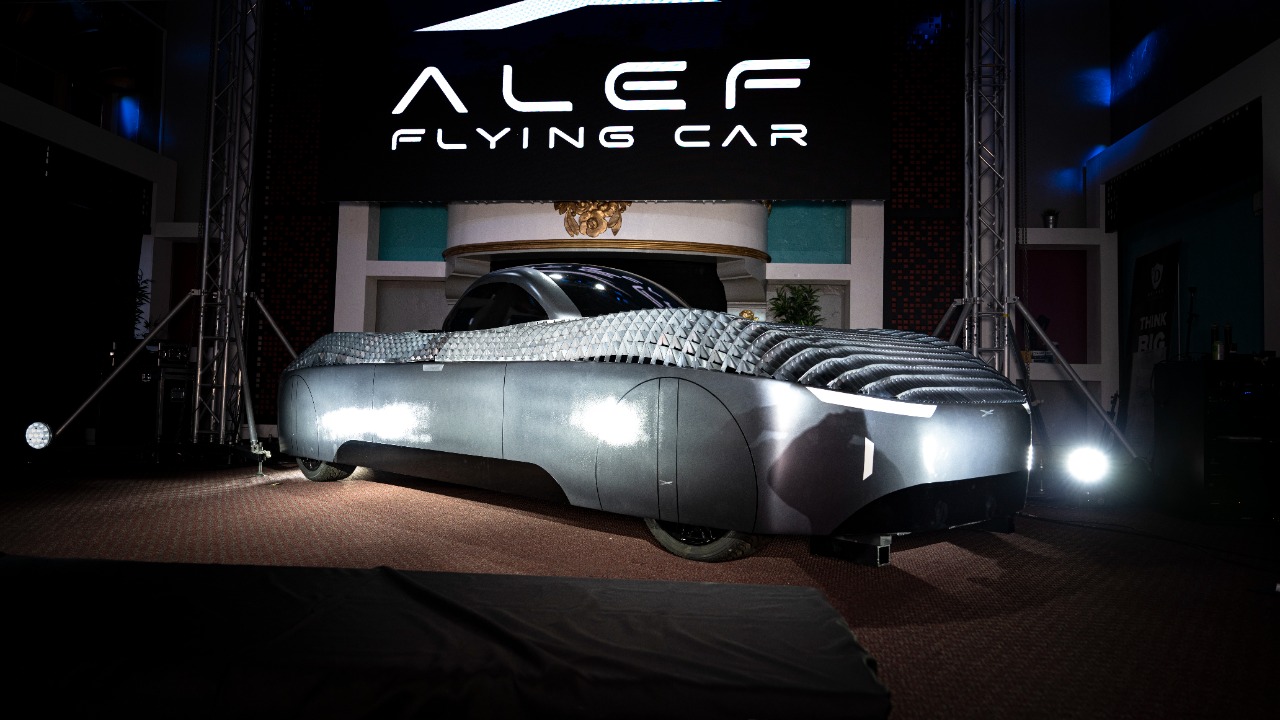
Alef’s flying car has achieved a significant milestone by obtaining FAA approval, marking a pivotal step in its journey toward widespread use. This approval is a testament to the vehicle’s compliance with aviation standards and its potential to transform personal transportation. The FAA’s endorsement is crucial as it sets the stage for the flying car to be integrated into the existing airspace system, paving the way for future developments in urban mobility (source).
The vehicle took its first demo flight in February 2025, showcasing its capabilities to the public. This demonstration was a significant event, as it provided a glimpse into the future of transportation and highlighted the technological advancements that have made flying cars a reality. The successful flight not only demonstrated the vehicle’s functionality but also generated excitement and anticipation for its potential impact on the transportation industry (source).
The journey of Alef’s flying car from concept to reality has been marked by rigorous testing and development phases. The company has invested heavily in research and development to ensure that the vehicle meets all safety and performance standards required by aviation authorities. This process involved extensive simulations and real-world testing to refine the aerodynamics and flight control systems, ensuring a seamless transition between driving and flying modes. The FAA’s approval is not only a recognition of these efforts but also a green light for further innovations in the field of personal aerial vehicles.
Technical Specifications and Features
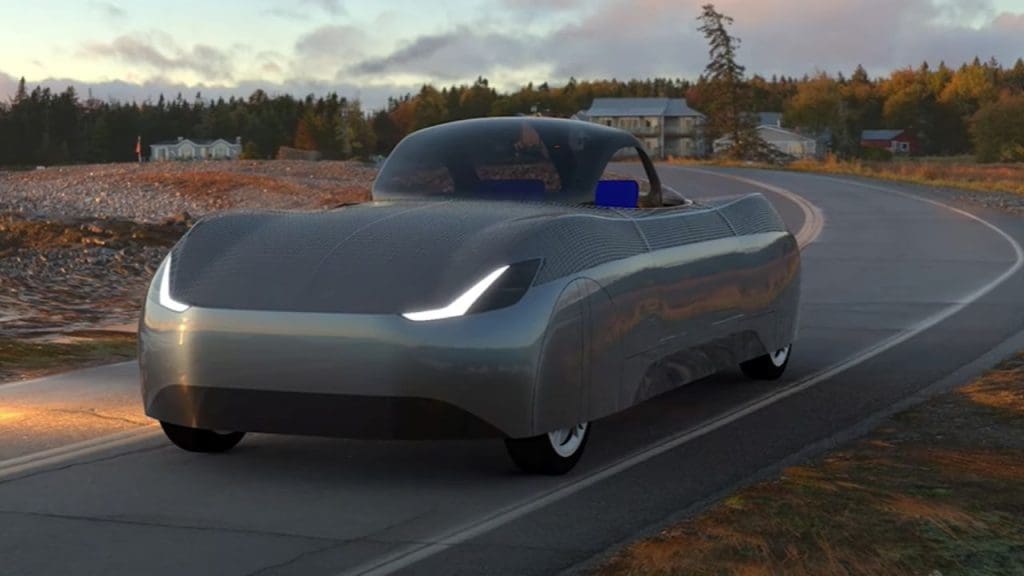
The Alef flying car is priced at $1 million, positioning it as a luxury vehicle for early adopters. This price point reflects the advanced technology and engineering that have gone into its development. The vehicle’s design and features are tailored to meet the needs of a niche market, offering a unique blend of automotive and aviation capabilities. The high cost is indicative of the cutting-edge technology and the exclusivity associated with being among the first to own such a groundbreaking mode of transport (source).
In addition to its $1 million price tag, the car also has a separate price point of Rs 2.5 crore, highlighting its premium status in different markets. This variation in pricing underscores the global appeal and market strategy of Alef, as it seeks to cater to affluent buyers across various regions. The vehicle’s introduction into the market is set to redefine luxury transportation, offering a new dimension of personal mobility that combines the convenience of a car with the freedom of flight (source).
The Alef flying car boasts a range of innovative features that set it apart from traditional vehicles. It is equipped with a robust propulsion system that allows for vertical takeoff and landing, making it ideal for urban environments where space is limited. The vehicle’s lightweight composite materials contribute to its efficiency and performance, while advanced avionics systems provide pilots with intuitive controls and real-time flight data. These technical specifications highlight Alef’s commitment to safety, reliability, and user-friendly operation, ensuring that the flying car is not only a luxury item but also a practical solution for modern transportation challenges.
Market Availability and Preorders
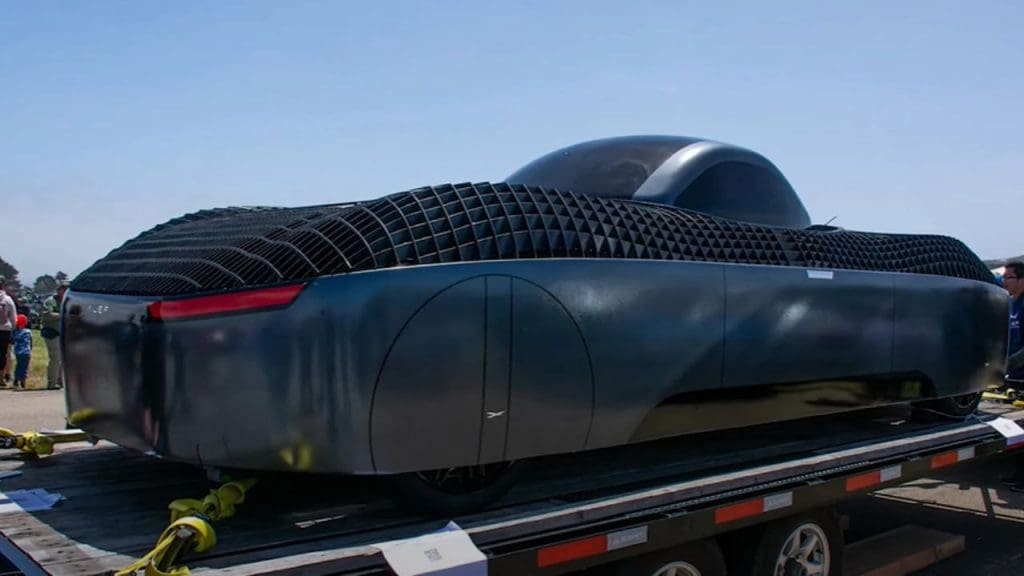
The Alef flying car is now available for preorder, allowing interested buyers to secure their place in this futuristic mode of transport. The preorder phase marks the beginning of a new era in personal transportation, as consumers have the opportunity to be among the first to experience the convenience and innovation of flying cars. This development is a significant step forward in the commercialization of personal aerial vehicles, as it transitions from concept to reality (source).
The vehicle is ready for takeoff as of September 2025, marking the start of a new chapter in transportation history. This readiness signifies that the necessary regulatory approvals and technological advancements have been achieved, enabling the flying car to enter the market. The introduction of the Alef flying car is expected to have a profound impact on urban and intercity travel, offering a glimpse into a future where personal mobility is no longer confined to the ground (source).
As the Alef flying car enters the preorder phase, the company is implementing a strategic marketing campaign to attract potential buyers. This campaign emphasizes the vehicle’s unique capabilities and the prestige associated with owning one of the first flying cars. Alef is also exploring partnerships with luxury brands and exclusive events to showcase the vehicle to high-net-worth individuals. By positioning the flying car as both a status symbol and a practical innovation, Alef aims to capture the imagination of consumers and establish a strong foothold in the emerging market of personal aerial vehicles.
Public Reception and Future Impact
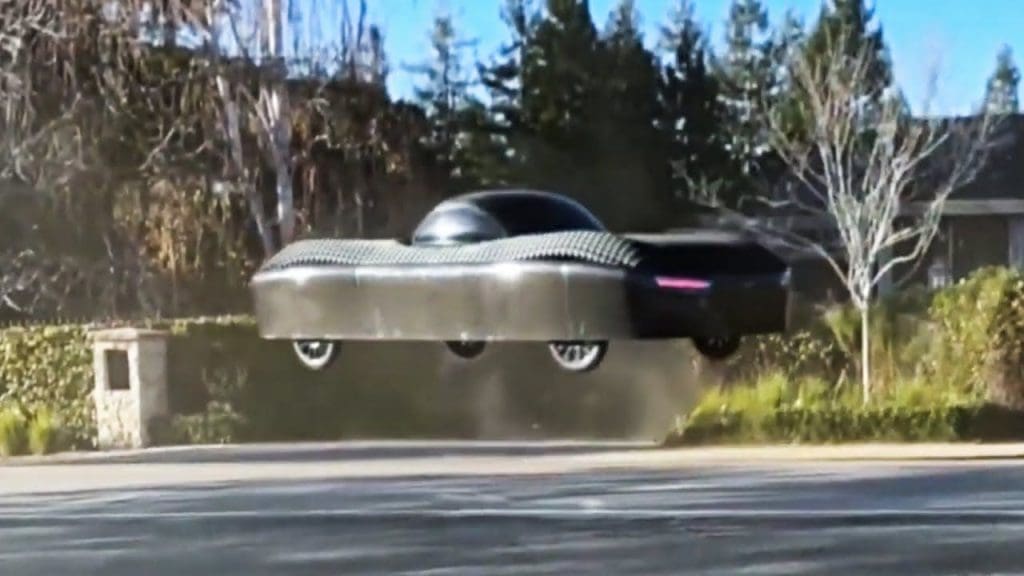
The first demo flight in February 2025 was a significant event, generating excitement and anticipation for the flying car’s potential impact on transportation. The public’s response to the demonstration was overwhelmingly positive, as it showcased the possibilities of integrating flying cars into everyday life. This event highlighted the potential for flying cars to revolutionize the way people travel, offering a faster and more efficient alternative to traditional modes of transportation (source).
With its high price point and cutting-edge technology, the Alef flying car is poised to influence the future of urban and intercity travel. The vehicle offers a glimpse into a new mode of personal mobility, where the boundaries between driving and flying are blurred. As the market for flying cars continues to develop, it is expected to drive innovation and inspire further advancements in transportation technology, ultimately reshaping the landscape of personal travel (source).